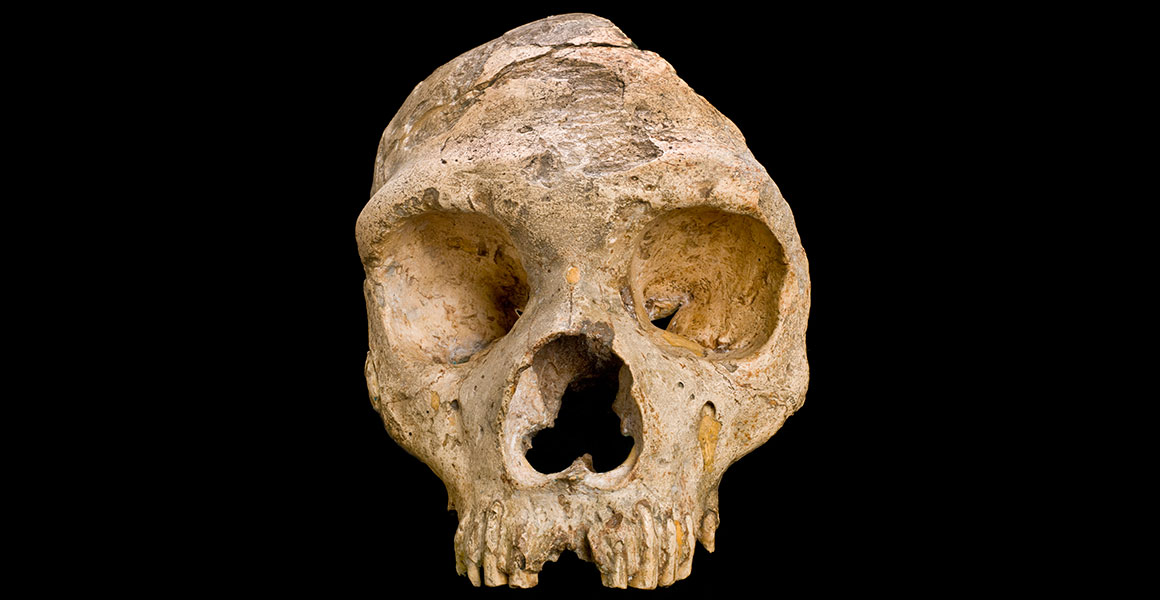A new study published in the journal Nature has found that Neanderthal man may have used plants to relieve pain. Studying the hardened dental plaque of four Neanderthals, two found in Spain and two from Belgium, researchers were left with the impression that they possessed a working knowledge of medicinal plants, like their anti-inflammatory and pain-relieving properties. (In fact, one young Neanderthal from Spain appeared to have treated a dental abscess with medicinal plants; plaque from his teeth showed he was eating poplar, which contains the active ingredient of aspirin.)
The samples of dental plaque (a biofilm of bacteria that calcifies and hardens) they used ranged from between 42,000 to 50,000 years old and are currently the oldest dental plaque to have been genetically analyzed.
They also found out more about their very different diets which, previous to this study, had been a topic of debate. The pair of Neanderthals from El Sidrón Cave in Spain seemed to live a vegetarian lifestyle; their dental plaque revealed they dined on mushrooms, moss and pine nuts – but no meat. But, the Neanderthals from Spy Cave consumed woolly rhinoceros, European wild sheep, and supplemented with wild mushrooms.
Being able to hold a Neanderthal skull, and essentially take him to the dentist, was certainly something you don’t get to do everyday! It’s difficult to convince a museum that they should destructively sample a Neanderthal for a brand new field of research. We’re so glad that several groups put their trust in us and our research.”
Source: CNN












